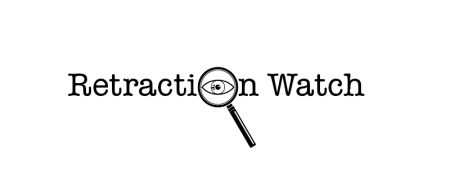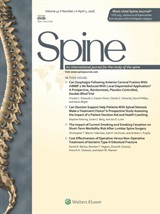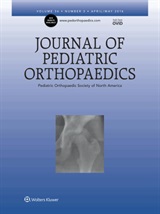 A journal has retracted an abstract after discovering the author didn’t submit it — and also because it appears “highly similar” to a previous publication in Chinese.
A journal has retracted an abstract after discovering the author didn’t submit it — and also because it appears “highly similar” to a previous publication in Chinese.
The abstract was presented at the 2nd International Conference on Biomedicine and Pharmaceutics in 2014, and lists Qing Guo as the sole author, based Wuhan, China at the China University of Geosciences.
According to the retraction notice, published in the Journal of Investigative Medicine last December, the organizer of the conference discovered Guo hadn’t consented to publish the abstract — moreover, it appeared to overlap with another article in Chinese, written by different authors: Continue reading Journal pulls abstract author didn’t submit
 As
As  There’s
There’s  The authors of a study about spinal fusion surgery have retracted it after realizing the cohort study was described as a prospective, randomized trial.
The authors of a study about spinal fusion surgery have retracted it after realizing the cohort study was described as a prospective, randomized trial. 

 The corresponding author asked the Journal of Pediatric Orthopaedics to retract an article that found popular pain medicines can curb growth in rats, in light of an unresolved authorship dispute.
The corresponding author asked the Journal of Pediatric Orthopaedics to retract an article that found popular pain medicines can curb growth in rats, in light of an unresolved authorship dispute.

